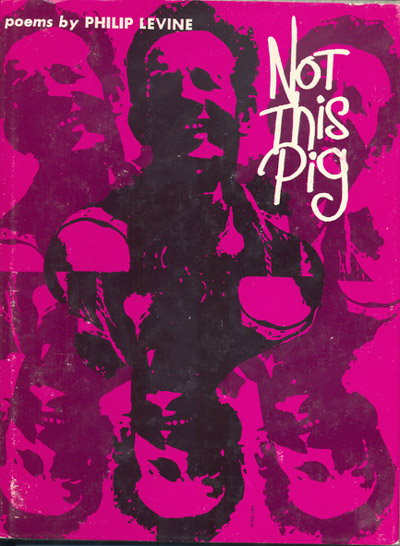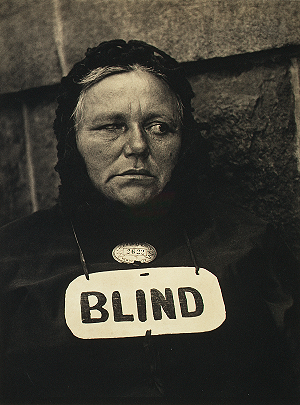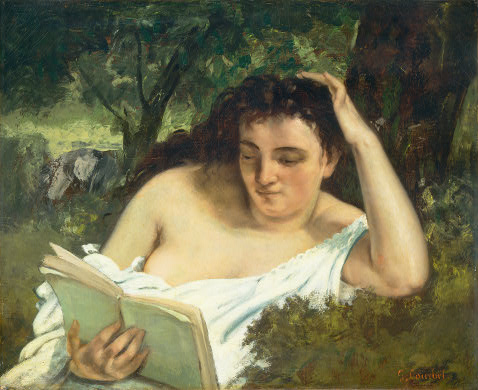Iris Dement Sings in her Mama’s Opry | No Depression Americana and Roots Music 090109
Terry Roland : “The 1991 album, Infamous Angel, now a classic, has the distinction of being one of the best break-out albums released in the country-folk genre. With “Let the Mystery Be”, Iris comes off as a philosophical hillbilly mystic who’s listened the songs of A.P. Carter while waiting out some Arkansas dust storm in a hermits tavern. Filled with story songs of hometown, heartbroken love, passionate romances, repentance, redemption, and gospel homages to a hymn-singing, praying, devoted, aging mother, the themes of this album are common to any ambitious country singer-songwriter but on Mystery, these songs are executed naturally and authentically, with the feeling of someone who knows the terrain first hand. And as always, the church-gospel influence is skillfully woven through every tune. This becomes never as clear as it does on the title song “Infamous Angel,” told from the perspective of a repentant home-bound prostitute drawn from the gospel story of the prodigal son. | Her two follow up albums, My Life and The Way I Should, a bold switch to more topical and controversial songs, were solid albums to come in the aftermath of what could have been an overshadowing debut. Then, in 1996, after five years, she disappeared. No new albums, no tours. Only an occasional appearance on tribute albums, like her cover of Merle Haggard’s “Big City” on Tulare Dust or appearances on “Garrison Keillor’s Prairie Home Companion.” Just enough to tease her audience. In 2000 her role in the independent film, The Songcatcher, as an Appalachian woman was a part she could wear like a dress with a perfect fit. She blended so well that it took a while to figure out that it was Iris and not a local mountain lady hired to lend authenticity to the film. | During the years following her divorce in 1994, Iris experienced what happens to many songwriters, poets, and other artists who build their art on reflecting the life around them - a period of depression. This led to a long dry spell for her songwriting and a disappearance from the public eye. She married songwriter Greg Brown in 2002 and after what can best be described as a heroic battle against the black dog of depression, she re-emerged. In 2004, she showed up with her friend and mentor, John Prine, on an album of duets, In Spite of Ourselves. The title song gave her the challenge of singing such lines as, “you ain’t been laid in a month of Sundays, I caught you once smelling my undies.” | Most important, 2004 was the year she returned to the studio for an album of southern gospel songs titled Lifeline. It is a natural extension of her spare but rich recording career, especially paying tribute to her roots and her mother, Flora Mae. At first glance, as is the case with many artists, when a new album is needed, it’s common to record either an album of covers or a gospel album. But, Lifeline is not just any gospel album. Carefully selected, not commonly covered gospel songs, Lifeline is clearly, like its title, an homage to the message of hope embedded in her spiritual journey, which is centered in the voice and songs she once heard her mother sing in her childhood. This is not just an album to fill the years between the release of songs of new material. However, most of the music industry didn’t get the title or the underlying story of Iris’ missing years. In this case, Lifeline is not just a reference to an old gospel song, but a virtual outcry from the hardship and emotional years of loss and the reach out for the lifeline of spiritual and artistic renewal. So, this often-passed-over album, generally reviewed as a four-star album, but discounted because of the lack of original material, is a return to her roots and, most important, to the voice of her mother, singing under the blue California skies of her childhood.” (originally appeared in San Diego Troubadour)
![gustave_caillebotte_paris_street_rainy_day Gustave Caillebotte. Paris Street, Rainy Day (La Place de l’Europe, temps de pluie). 1877. Oil on canvas. Art Institute of Chicago. [Source: Wikimedia Commons]](../../../../wp-content/uploads/2009/02/gustave_caillebotte_paris_street_rainy_day_1877_wiki.jpg)
![Fog at Isle Royale [Source: wildmengoneborneo.com] Fog at Isle Royale [Source: wildmengoneborneo.com]](../../../../wp-content/uploads/2008/04/isle_royale_fog.jpg)
 If there is an emerging genetic underclass, I could run for class president or class clown. Read more in Not This Pig (2003).
If there is an emerging genetic underclass, I could run for class president or class clown. Read more in Not This Pig (2003).
